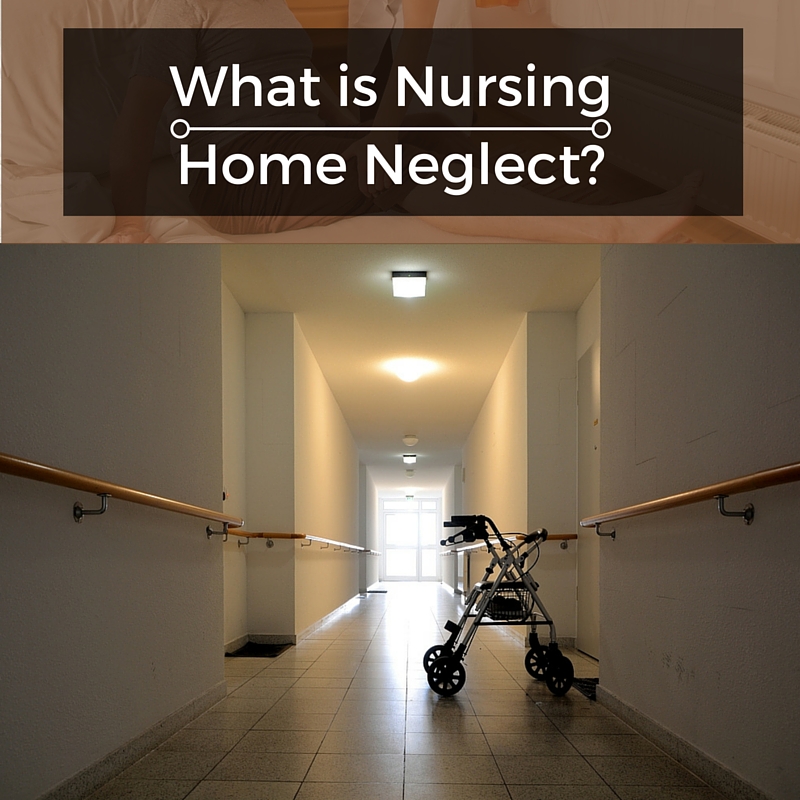
If your loved one who has been placed in long-term care shows signs of nursing home neglect, it can be devastating to you and your family. It was already a difficult decision to place them in long-term care, and if they are not being cared for properly, you may wonder if you made the right decision at all.
Personal injury attorneys want you to understand that neglect in long-term care facilities is not the same as nursing home abuse.
Differences Between Abuse and Neglect
One of the key differences between nursing home abuse and neglect is that the intent to harm an older person who has been placed in long-term care is nursing home abuse.
Nursing home neglect is a breach of duty that leads to substandard care.
There are many different types of neglect that can exist in long-term care facilities.
Types of Neglect
Although neglect may be different for each person, some of the types of neglect that have been found in long-term care facilities include:
- Emotional and Social – when an elderly person is left alone for long periods, ignored or spoken to harshly by staff.
- Personal hygiene – the elderly person does not receive assistance with laundry, cleaning, bathing or other forms of personal hygiene.
- Basic needs – when the nursing facility fails to provide adequate food, water or a safe environment.
- Medical – the home fails to address medical needs, including bed sores, infections or chronic illnesses.
How to Recognize Signs of Neglect
It can often be difficult to recognize when your loved one is being neglected in their long-term care facility, especially if they have difficulty communicating.
In some cases, the elderly person may not mention issues that could be related to neglect.
The most common signs of neglect among patients in nursing facilities include:
- Unexplained and sudden weight loss
- Pressure ulcers or bed sores
- Injuries sustained in falls
- Dehydration and malnutrition
- Unusual changes in behavior or withdrawal
- Lack of personal hygiene or reduced personal appearance, such as hair combing or tooth brushing
- Lack of friendly interaction with staff or other nursing home residents
- Unsafe conditions in room, hallways or common areas
Risks of Neglect
Because older people are prone to chronic diseases, infections and injuries, nursing home neglect can be a serious issue.
Reporting the neglect could mean the difference between life and death for an elderly patient as older people are less likely to recover from illness or injury than younger people.
Although physical signs of neglect are much easier to identify than other types, all forms of neglect are dangerous and must be addressed.
If you have a loved one in a long-term care facility and you suspect they are the victims of neglect, contact the personal injury attorneys at Lundy Law today to learn what rights you may have. You may arrange your initial consultation to discuss your case with a qualified attorney by calling 1-800-Lundy Law or visiting our website and completing the simple form. We are here to help you and your elderly loved one get the treatment they deserve under the law.
















